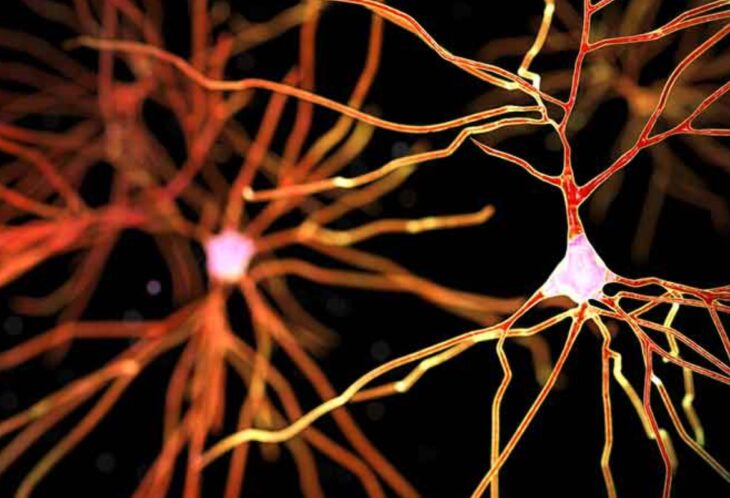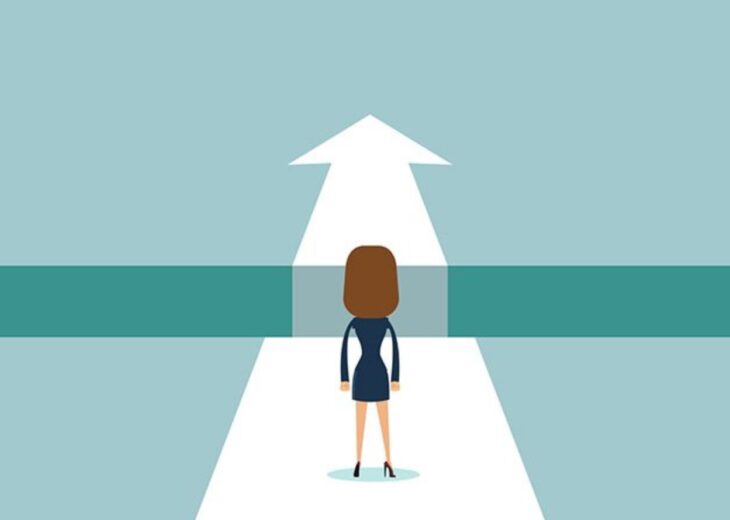Sometimes it feels like no matter what you do, you are encouraged to avoid risks and play it safe. People who enjoy rollercoasters and horror movies are called daredevils, you are encouraged to invest in low-risk investment portfolios, choose a car with more safety features than style, and even to avoid certain meals just in case your heartburn might flare up.
However, have you ever considered that taking risks might actually benefit your health? A number of recent studies have shown that risk taking is an important part of life at every stage of our lives, and that it is integral to creating, developing, and maintaining who we are. Below are just a few of the ways that risk taking might actually benefit your health.

Source: Enzo Life Sciences
Contents
Dopamine and your brain
To start off, it might be important to learn more about why risks are so thrilling in the first place. The thrill we get from watching scary movies, taking the rides at an amusement park, asking someone on a date, or trying something new can be intoxicating or overwhelming.
This is because the human brain releases a hormone called dopamine during experiences that the mind finds scary or thrilling. Dopamine is a pleasurable hormone which leaves the mind and body feeling relaxed, at peace, and happy.
All brains are different, and some brains enjoy a bigger dose of dopamine after a thrilling event than others. Those who have more dopamine-prone brains are more likely to enjoy activities that are typically reserved for thrill seekers such as roller coaster, bungee jumping, and karaoke.
Dopamine and gaming
If you have ever been to a casino, you will know that another experience that floods the brain with dopamine is gambling. Regardless of the type of game you are playing, or the medium through which you are playing, gambling brings with it an inescapable rush of dopamine.
The site casinotopsonline.com has a vast array of different types of games and excellent platforms so that your experience gambling on an online or mobile platform is just as exciting and thrilling as the experiences you have had in casinos.

Source: sciencemadefun.net
An all-ages affair
You very likely have some good, and some bad, memories of times when you took a risk. A recent study from University College London has found that risk taking, and risky behaviour are a natural part of growing up and that teens and young people actually need risk to grow and develop.
Researchers found that a certain amount of risk taking was important for teenagers to learn about themselves, their peers, their likes, and dislikes. The study went on to note that the important thing was for parents to allow their children to take certain risks, while preventing their children from taking other risks that are more potentially damaging.
Learning new things means taking risks
A new study from 2014 has suggest that learning a new skill can help older adults to improve memory functioning. However, learning a new skill, particularly as an older adult, can be daunting. Learning a new skill involves a lot of trial and error, and a certain amount of failure, struggle, and difficulty. Many people, particularly older people, are hesitant to try picking up a new skill and taking on a challenge.
If you are accustomed to taking risks, you have also likely experienced failure on a number of occasions, and you might be more comfortable with trying new things. If you are not used to taking risks however, fret not, there are many different ways to learn new skills which make the learning process fun and easy. For example, instead of trying to learn French from a textbook, why not join a community class? Or if you are interested in learning guitar, consider asking for lessons from a local teacher, rather than trying to learn from tutorials online.

Source: Human Resource Executive
Trying new things and pushing yourself
Along with learning a new skill, it is important for mental health and physical wellbeing to continually push yourself in small ways to try new things, grow, and challenge yourself. Trying new things and pushing yourself can boost confidence and feelings of satisfaction.
While it can be intimidating to take a risk and talk with the person next to you, take an exercise class you have never tried before, or even solo travel, you will likely find that it was worth the risk. As long as the risks you are taking are reasonable and you are not in danger, you can certainly benefit from pushing yourself to try new things and do something each day that scares you, no matter how small it is.
Games and memory boosting
You might have noticed that recently there has been an explosion of new types of games and apps that are focused on improving cognitive functioning, memory, and recall. There is a wide array of different types of games and apps such as Peak, Elevate, Lumosity, and Fit Brain Trainer which all offer a variety of different games which are intended to boost your brain power. Many of the games require quick reaction times and uncertainty which players must quickly respond to, thus training their brains to “wake up” and react more quickly to stimuli.
A recent study has shown that video games may have the potential to improve important element of memory for older adults. Video games involve elements of surprise, risk, and thrilling virtual danger or uncertainty which players must react to quickly. More research is being in the area and it is still too early to determine definitively whether such games have a significant impact on cognitive functioning.
However, it is likely that the elements of risk, chance, and luck in video games are beneficial for keeping the brain active, alert, and aware.

Source: Getty Images
These are just a few of the many ways that taking risks can actually help you to lead a healthier, happier life, no matter your age! Whether it is the development of self-esteem, boosting memory, improving reaction times, or even just letting off steam and having fun, you can rest assured that taking risks once in a while is improving your mental and physical wellbeing.
